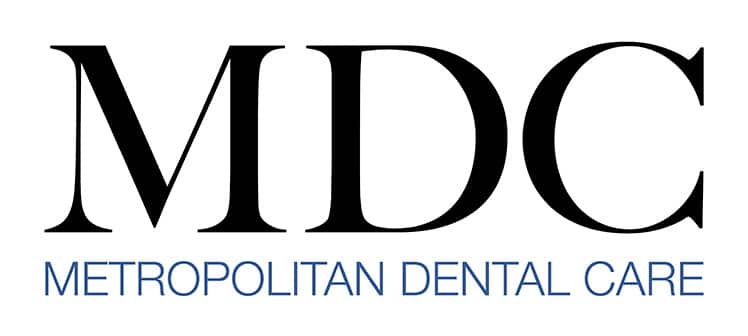Managing Dry Mouth

Xerostomia is the subjective sensation of dryness in the mouth. Over 22% of the global population is affected by dry mouth. The most common causes of dry mouth include: medication, radiation therapy, aging, and autoimmune disease. Antihistamines, blood pressure medications, antidepressants, decongestants, diuretics, muscle relaxants, antiseizure medications, and cannabis all contribute to xerostomia. Patients who are taking multiple medications are at a greater risk of developing dry mouth. Radiation to the head and neck is often used, along with chemotherapy, as a treatment for head and neck cancer. Since there are multiple salivary glands in the oral cavity, it is inevitable that the radiation beam will destroy some salivary gland cells along with the cancer. Patients who have had radiation therapy for head and neck cancer typically experience xerostomia as a permanent side effect. Dry mouth is commonly seen in older individuals as a result of them taking multiple medications. Sjogren's disease is an autoimmune disorder characterized by dry mouth and dry eyes. It often accompanies other autoimmune disorders, such as rheumatoid arthritis and lupus.
There are multiple functions of saliva, in addition to keeping the oral cavity moist. Saliva contains enzymes that help digest foods, proteins that lubricate the oral tissues and protect them from injury, and proteins that can protect the teeth from decay. People with a reduced salivary flow are at a greater risk for developing cavities.
Patients experiencing dry mouth should take frequent sips of water throughout the day to lubricate the oral cavity and reduce the intake of drying substances, such as alcohol. They should also brush their teeth after every meal and use a high fluoride toothpaste, which can be prescribed by a dentist. Reducing sugar intake is also effective for cavity prevention. Xylitol containing gum and candies can inhibit the growth of cavity causing bacteria in the mouth. More frequent dental check-ups and cleanings are imperative to early cavity detection and prevention in patients with xerostomia.
References
Agostini BA, Cericato GO, Silveira ERD, et al. How common is dry mouth? Systematic review and meta-regression analysis of prevalence estimates. Braz Dent J 2018;29(6):606-18.
Plemons JM, Al-Hashimi I, Marek CL, American Dental Association Council on Scientific A. Managing xerostomia and salivary gland hypofunction: Executive summary of a report from the American Dental Association Council on Scientific Affairs. J Am Dent Assoc 2014;145(8):867-73.
